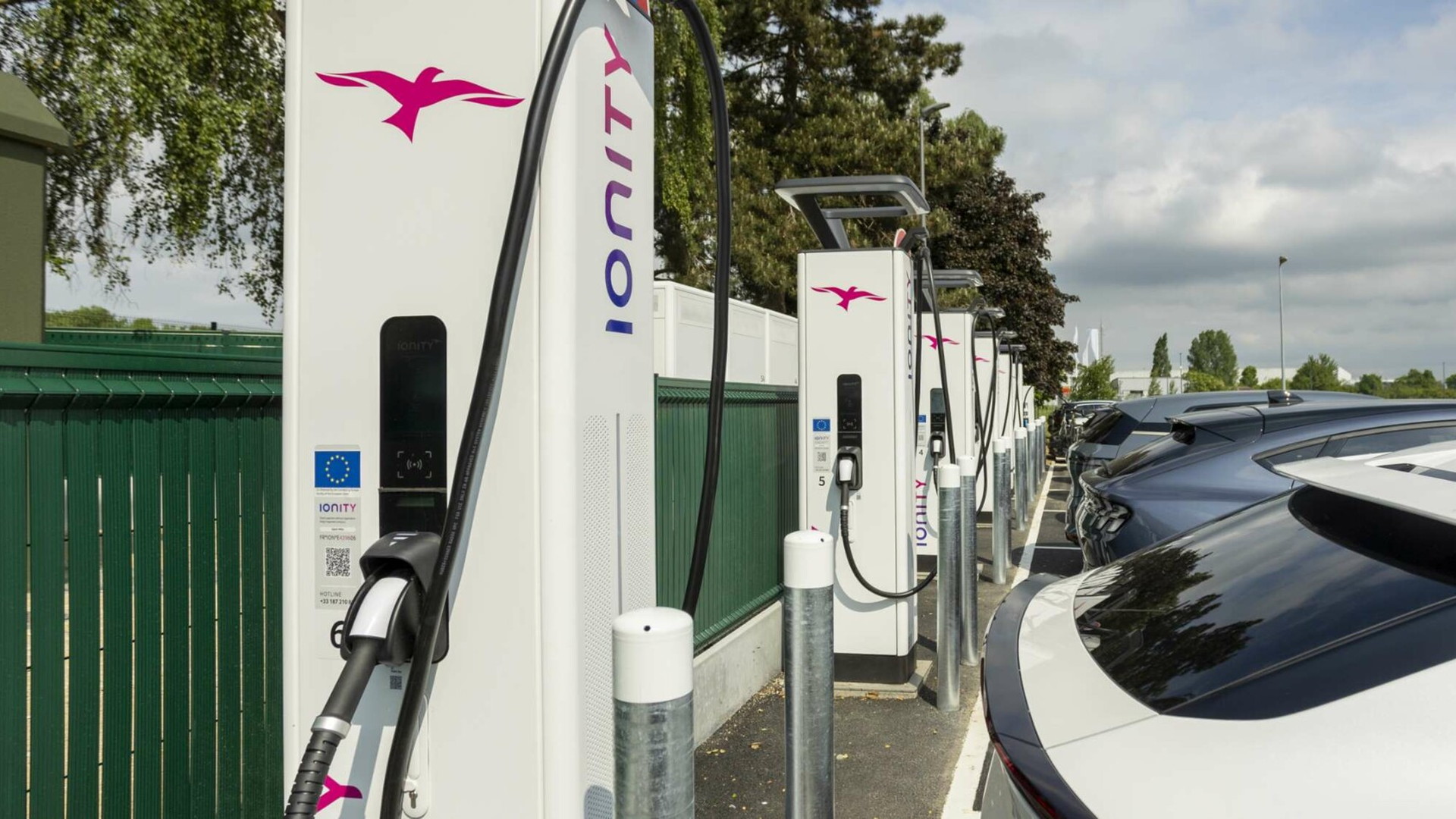As far as we know, not a single auto journalist has yet driven the upcoming plug-in hybrid Energi models of the 2013 Ford C-Max and 2013 Ford Fusion.
But an interesting and illuminating post on HybridCars.com offers more details about those cars' electric capabilities than we'd seen to date.
It led us to wonder whether the 2013 Ford Fusion Energi will actually prove to be the most direct competitor yet for the Chevrolet Volt range-extended electric car. Here's why.
The author, noted hybrid-car authority Brad Berman, corrects his previous assumption--which many of us shared--that the plug-in versions of Ford's newest-generation hybrids would operate the same way as the 2012 Toyota Prius Plug-In Hybrid.
That is, the plug-in Prius runs on electricity up to 51 mph for 6 to 11 miles--but only under light loads and gentle acceleration.
Mash the throttle on a fast uphill freeway on-ramp, and the Prius Plug-In's 60-kilowatt (80-horsepower) electric motor hasn't a hope of providing the needed acceleration.
So even if there's 10 miles or more of electric range showing on the car's multi-information display, the engine switches on and both engine and electric motor contribute torque to motivate the car as needed.
Ford, it turns out, has taken a different approach, one that makes more aggressive use of pure electric driving, using an electric motor of so-far unspecified output. Ford expects the EPA to rate total electric range at about 20 miles.
(While Berman's article discusses the plug-in hybrid system in the C-Max Energi, not the Fusion Energi, we expect the two cars to use identical powertrains and operate the same.)

2013 Ford Fusion Energi
Ford's Energi plug-in hybrids offer up to 20 miles of electric range, as well as all-electric operation at up to 85 miles per hour.
The plug-in hybrid system gives drivers three different modes of control for electric driving: "EV:Auto" lets the car optimize efficiency by switching among electric and hybrid modes as needed, "EV:Later" conserves electric range by running the Energi cars solely as hybrids, and "EV:Now" runs the Energi models solely on electric power.
(Ford, quite properly, notes that running at high speeds solely on electricity drastically cuts that 20-mile all-electric range.)
With that in mind, we wonder if Ford has designed its plug-in hybrids to line up neatly against both of the highest-volume vehicles in the segment.

2012 Chevrolet Volt
In other words, the 2013 Ford C-Max Energi faces off against the Toyota Prius Plug-In Hybrid--while the 2013 Ford Fusion Energi will compete not against the plug-in Prius but against the Volt.
Sure, it doesn't have the Volt's electric range. The 2013 Chevrolet Volt is rated by the EPA at 38 miles of electric range--and our experience leads us to believe that's a real-world number for combined speeds, including freeway use.
But the 2013 Fusion Energi offers a lot more "electric drive" feeling and range than the ponderous and slightly disappointing Prius Plug-In. Also, it's a more conventional-looking car than the Volt, with more interior and trunk space.
For drivers with shorter commutes, that might be enough. Especially if the Fusion Energi's gas-mileage and overall efficiency ratings are competitive with the Volt's.
Here's how the Fusion Energi compares to the Volt:
- SIZE: The Volt is a compact four-seat hatchback, while the Fusion Energi is a more spacious mid-size four-door sedan with five seats.
- RANGE: The Volt gets up to 40 electric miles (at a wide variety of speeds), the Fusion Energi gets up to 20 miles (at lower speeds)
- PRICE: The 2013 Volt starts at $39,995 and buyers are eligible for a $7,500 tax rebate, while the Fusion Energi hasn't been priced but qualifies for a $3,750 rebate.

2013 Ford Fusion Energi
Price will be a critical part of the equation. The 2013 Ford C-Max Energi will start at $33,475, less expensive than the Toyota Prius Plug-In Hybrid against which Ford positions it.
The 2013 Ford Fusion Hybrid starts at $27,995 (including a $795 destination fee)--more than the 2012 Toyota Prius at $24,760 (including $760)--but the plug-in 2013 Ford Fusion Energi hasn't yet been priced.
Still, we suspect Ford will be keenly aware of the Fusion Energi's position against the Volt--both in base price and post-incentive cost--when it goes on sale early next year.
This could get interesting.
+++++++++++













